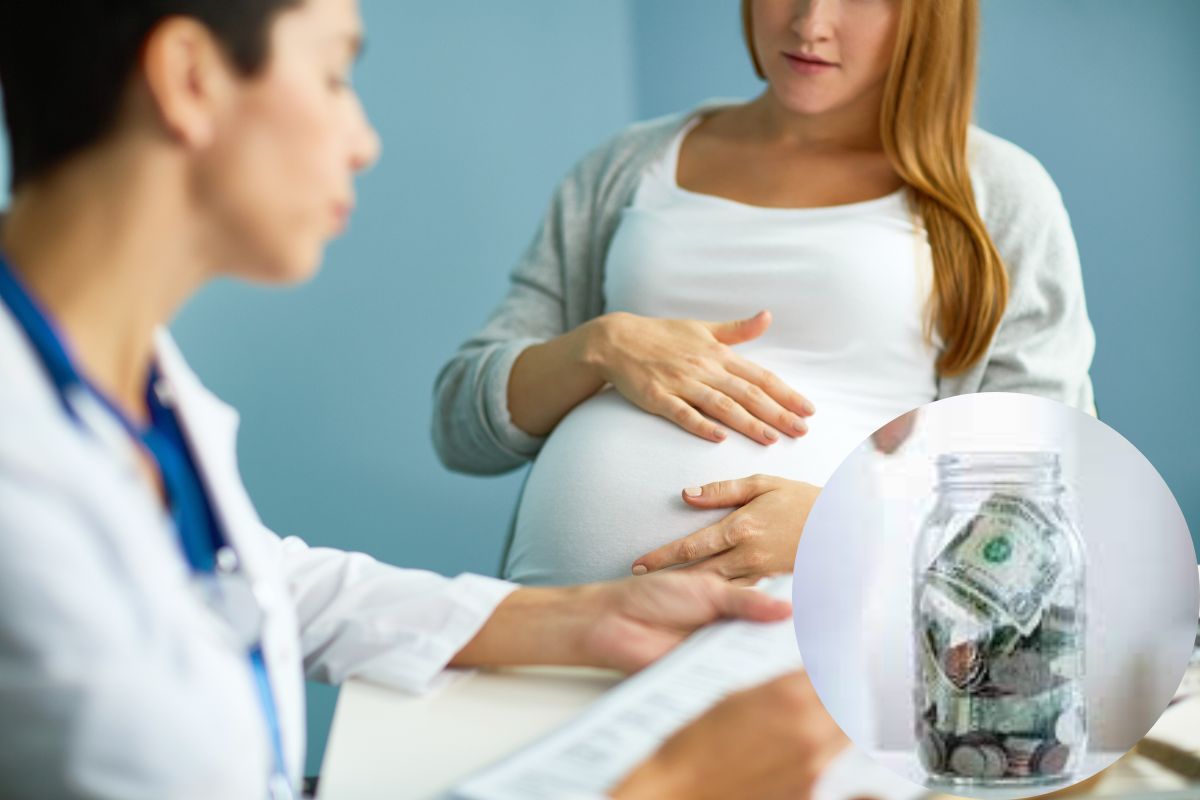According to reports, the Philadelphia Department of Public Health is soliciting money to provide some expectant mothers living in specific regions of the city with $1,000 monthly payments. To lessen racial disparities in birth outcomes, the health department intends to make this possible for about 250 expectant Philadelphians through the Philly Joy Bank.
According to a news release, there are “no-strings-attached” to the cash. According to the Philadelphia Department of Public Health, Philadelphia has the highest infant mortality rate among the top 10 most populous cities in the nation. Black infants in the city are more than four times as likely to die before their first birthday than white infants.

According to Health Commissioner Cheryl Bettigole, infant mortality in Philadelphia is an issue that may be resolved. “We are aware that providing better care to expectant mothers and new parents contributes to the survival of the child.
You can also check the latest news down below:
- Pikesville’s Fiery Tanker Crash Shuts Down Part of I-795
- 2 Missing Florida Boaters Found Dead in Lake Legoland
As the poorest major city in the nation, this is not always simple, especially in parts of the city where racism and systematic poverty are crushing entire communities. The Philly Joy Bank uses the achievements of previous organizations that provide guaranteed income with no conditions to assist in breaking those cycles. Participants in the program will also receive support services like financial counseling, optional home visits, breastfeeding assistance, and doulas in addition to the additional cash.
Additionally, you can view the most recent news below:
- Netflix’s The Sandman Latest News
- Covid News: The New York Mask Law Remains in Place After a Judge Issues a Stay
According to the health department, Philadelphia residents must be expecting a child, have an annual household income below $100,000, and dwell in one of the areas with the greatest rates of low birth weight, such as Cobbs Creek, Strawberry Mansion, or Nicetown-Tioga. Early in 2024, the city expects to begin the program.

